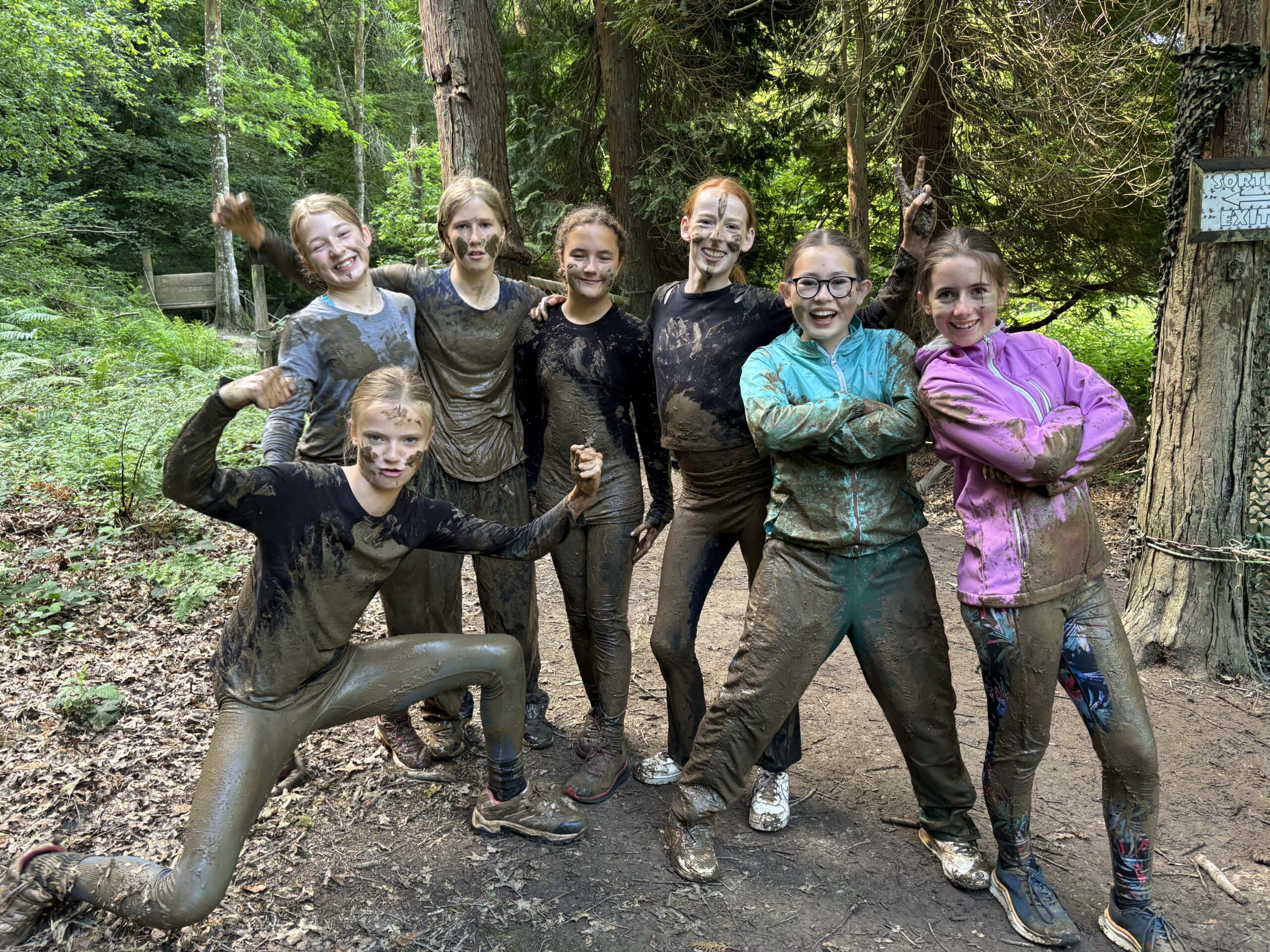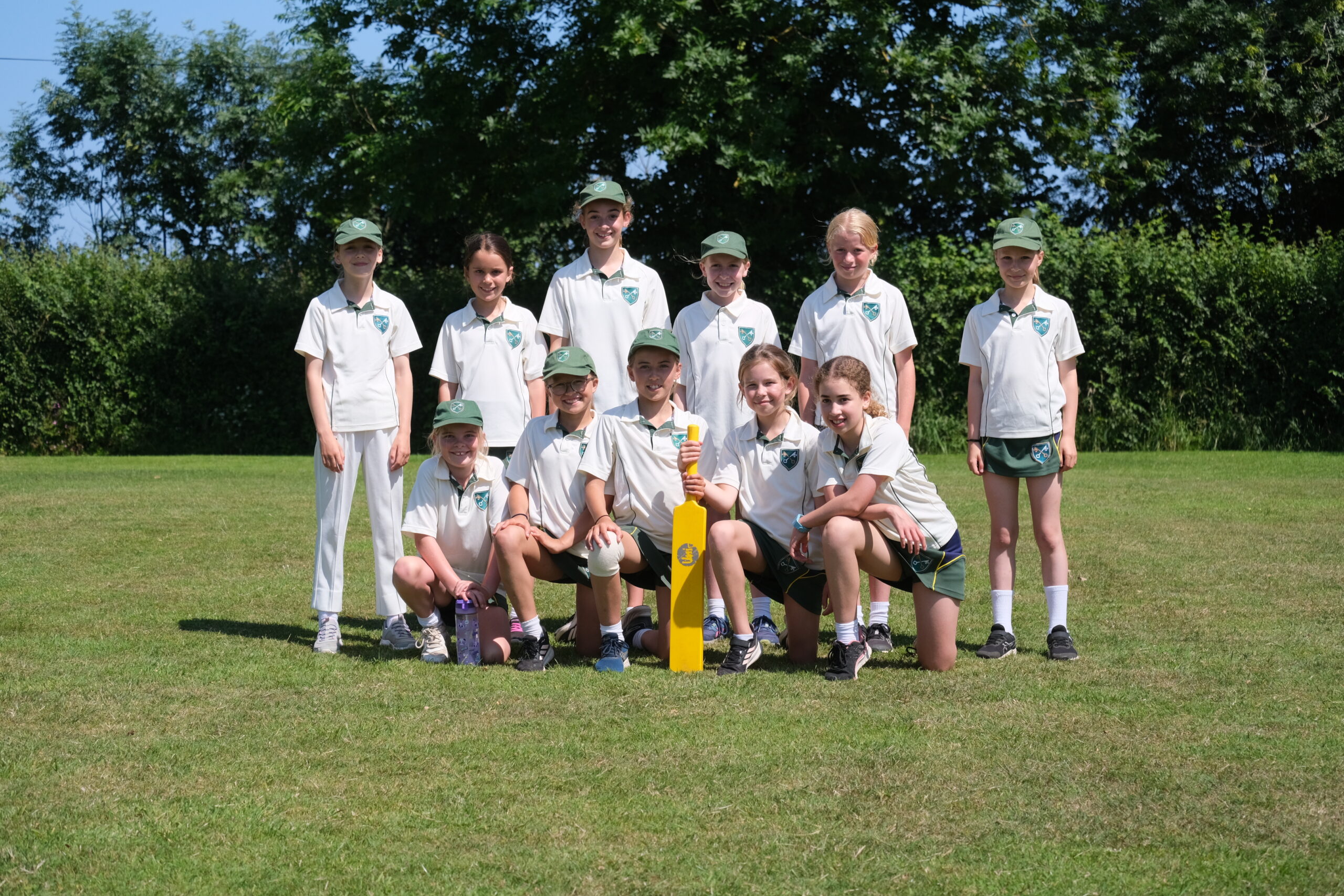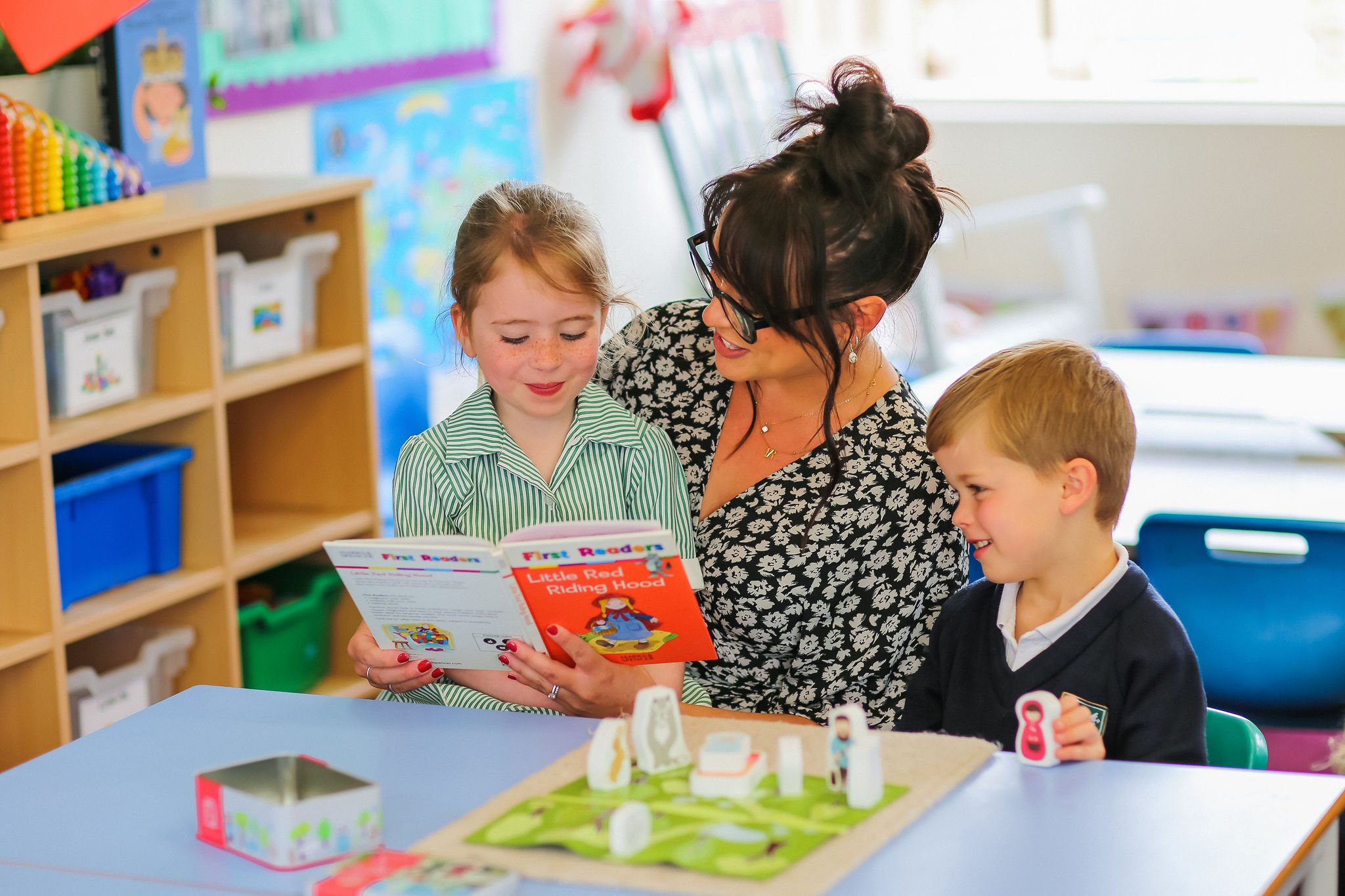Unfortunately, conflict in one form or another is an inevitable part of life. To ensure that our children grow up to effectively navigate the world around them, it is important that we teach them the best ways to overcome disagreements.
As a private preschool, we know that teaching children the strategies they need to deal with disputes is a crucial life skill that can be introduced at the beginning of the education journey.
Experiencing Conflict
Experiencing small scale conflict can often be one of the best ways to deal with future issues. Whether it comes from struggling to share a toy with a sibling, or a falling out between friends, experiences with conflict can help with personal growth and development.
Why are Conflict Resolution Strategies Important?
Resolution strategies work to help the conflicting parties reach a peaceful solution where conflict no longer feels necessary.
Learning to resolve issues on their own, or with guidance rather than intervention from parents and teachers helps turn a negative experience into a positive one. Resolving conflict can lead to the development of various skills, including:
• Negotiation
• Empathy
• Compromise
• Emotional management
Learning to put aside differences plays a key role in the development of healthy friendships and the ability to interact with others. Being able to effectively deal with arguments can teach children to act with kindness and care; qualities they will take with them into later life.

Dealing with Conflict
So, what can you do to help teach your children to manage and resolve any conflicts they might experience?
Brainstorm Solutions
If your child approaches you with a problem, try not to immediately jump into action and step in to sort everything out.
Brainstorm with your child and discuss their ideas for how they could solve their issue. Children often learn best when they are problem-solving and finding their own solutions.
Encourage Empathy
When brainstorming solutions and discussing the situation, encourage your child to empathise with the other perspectives involved.
Talk about finding common ground, ask them how they would feel if they were on the opposite side of the conflict. Promoting empathy and understanding is one of the key elements of many conflict resolution strategies.

Talk About Feelings and Emotions
Children’s emotions can often be volatile but talking about the feelings that come up during arguments can help children recognise why and when they may turn to certain emotions.
You can teach your child to use ‘I feel’ statements when they become angry or upset with a friend. This allows them to express emotions in a way that doesn’t resort to hurtful language or behaviour.
This will also encourage your child to be more empathetic when a friend says, ‘I feel upset when you do that’ – helping them to reach solutions with each other.
Experiences of conflict can offer important, teachable moments and give your child the skills they need to resolve disputes peacefully and beneficially.
Here at St Peter’s Prep, we promote a well-rounded education for your child. For more information, please get in touch with Rachel Elliott, Director of Admissions & Marketing, on 01395 280335 or email rachel.elliott@stpetersprepschool.co.uk.










